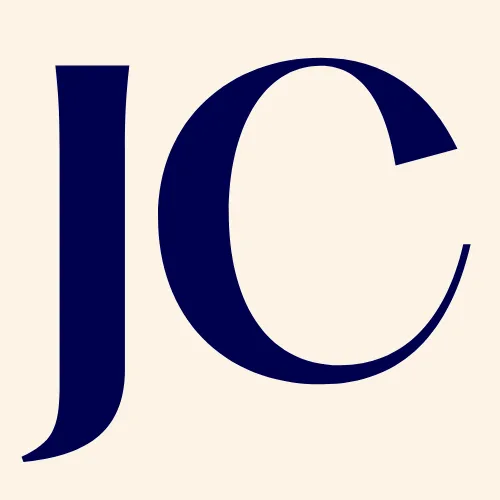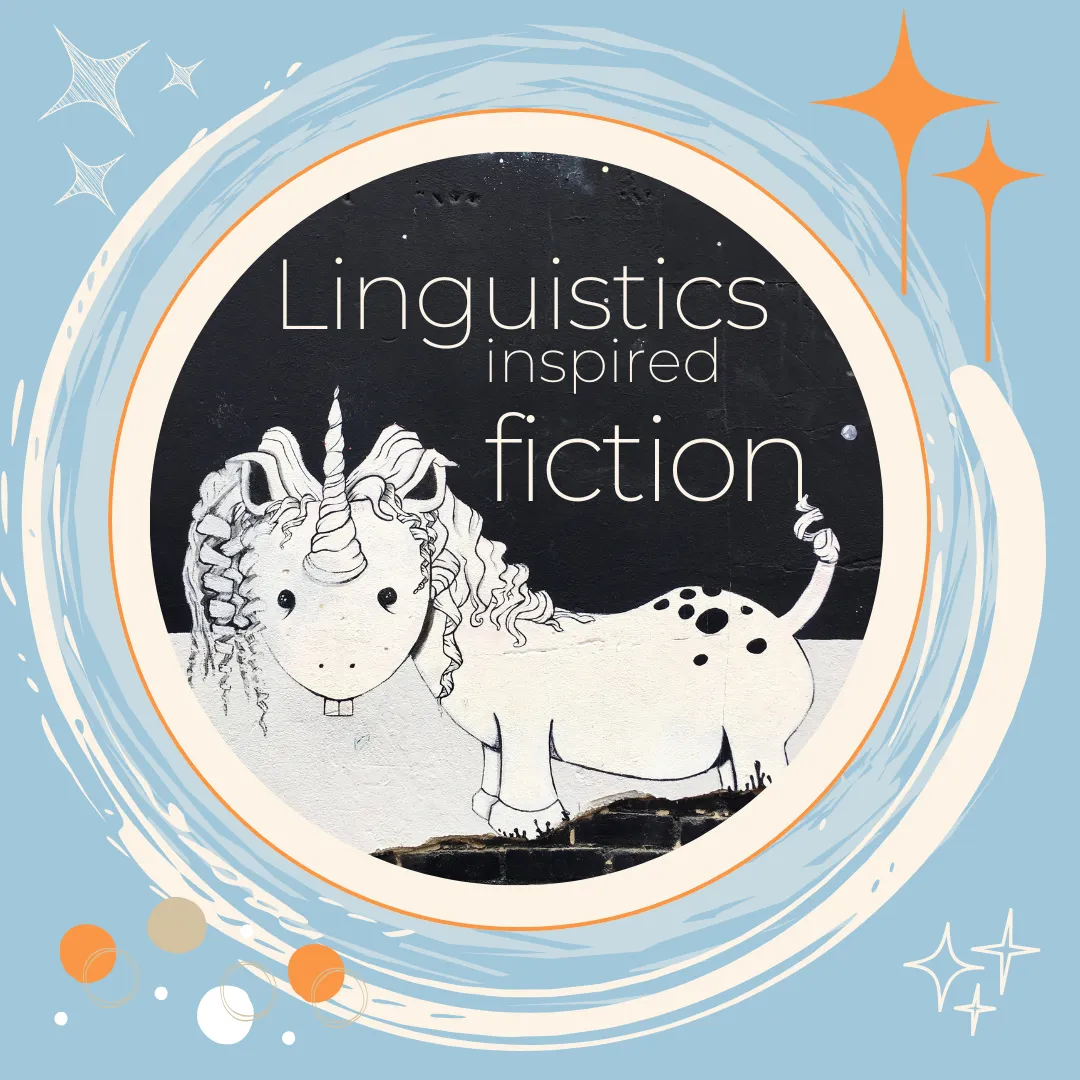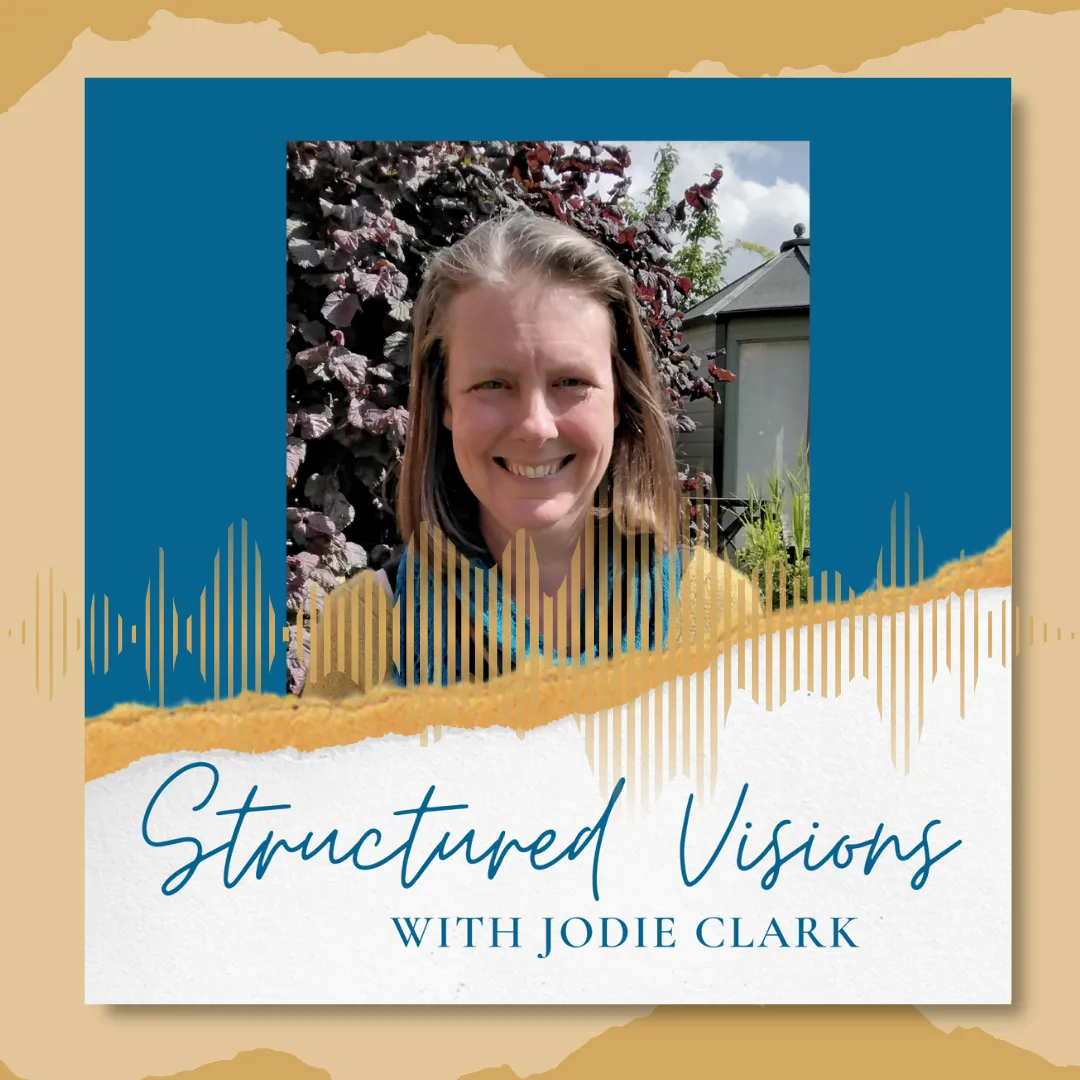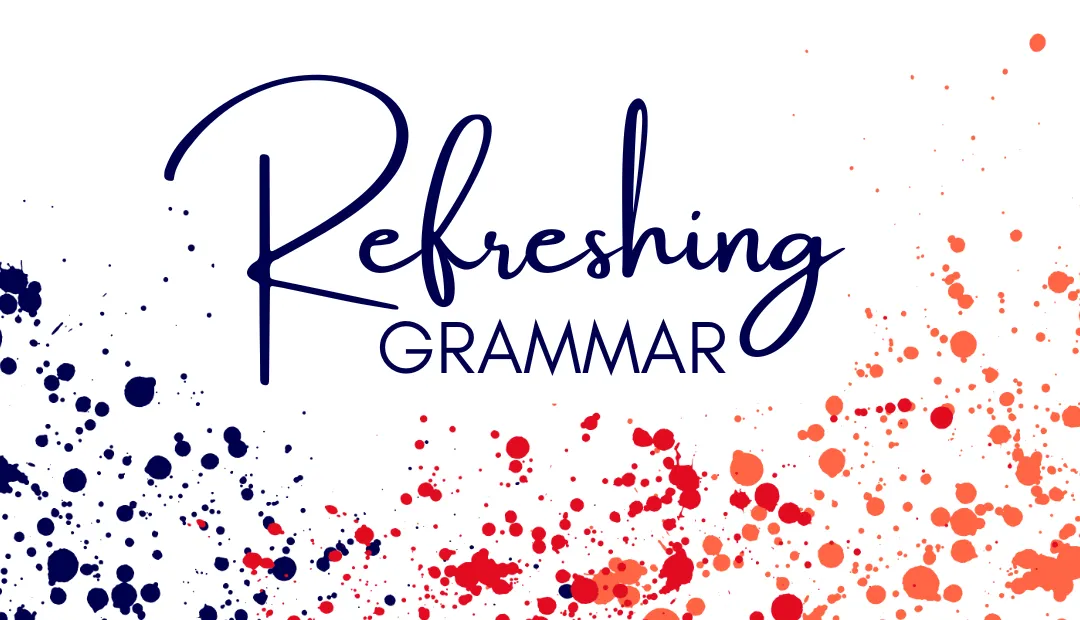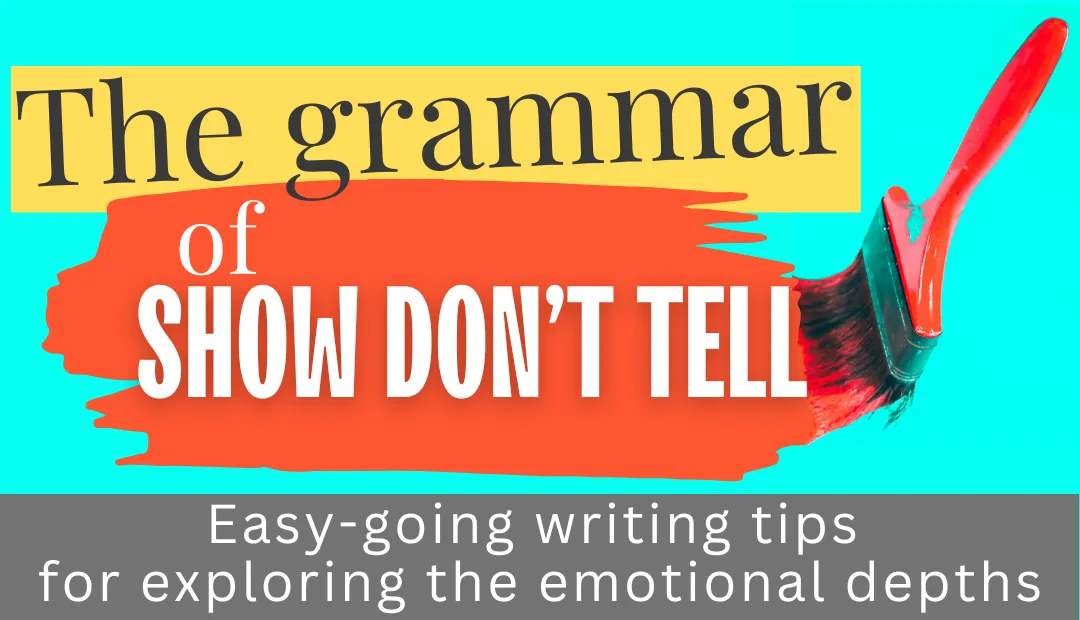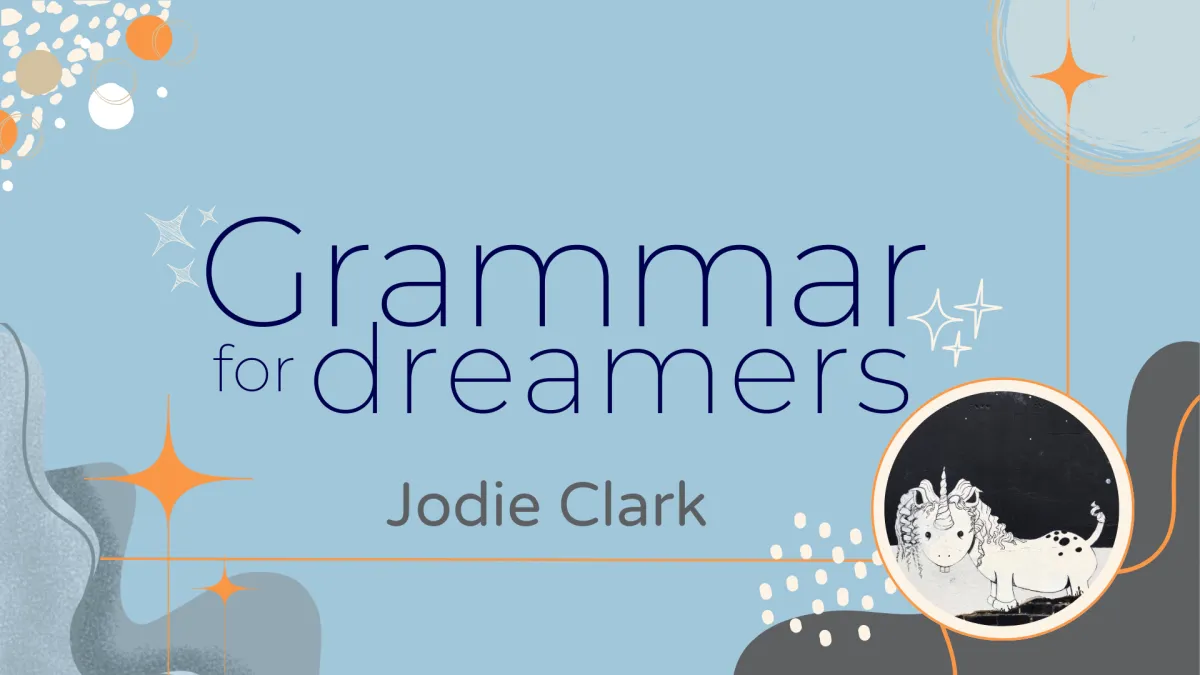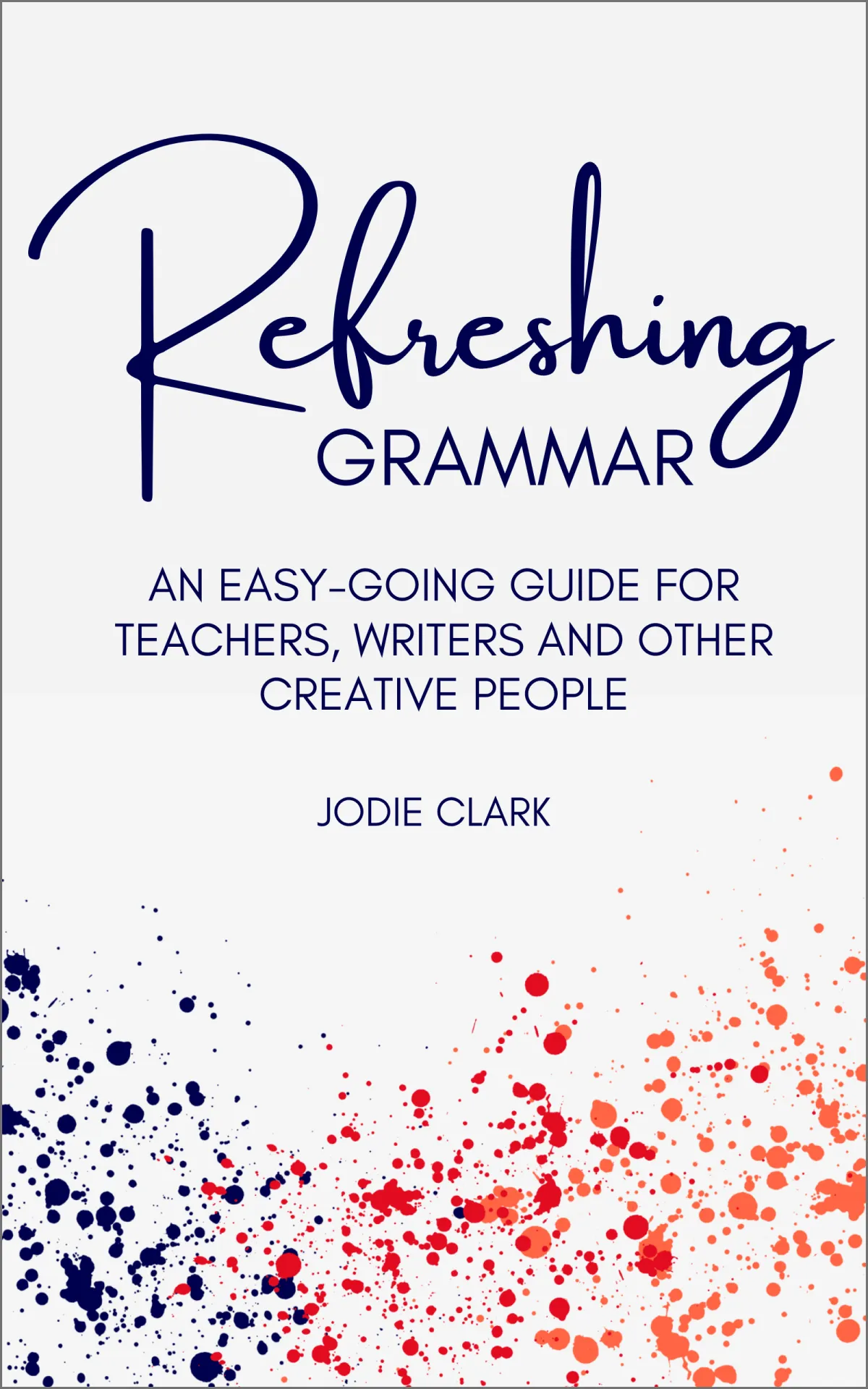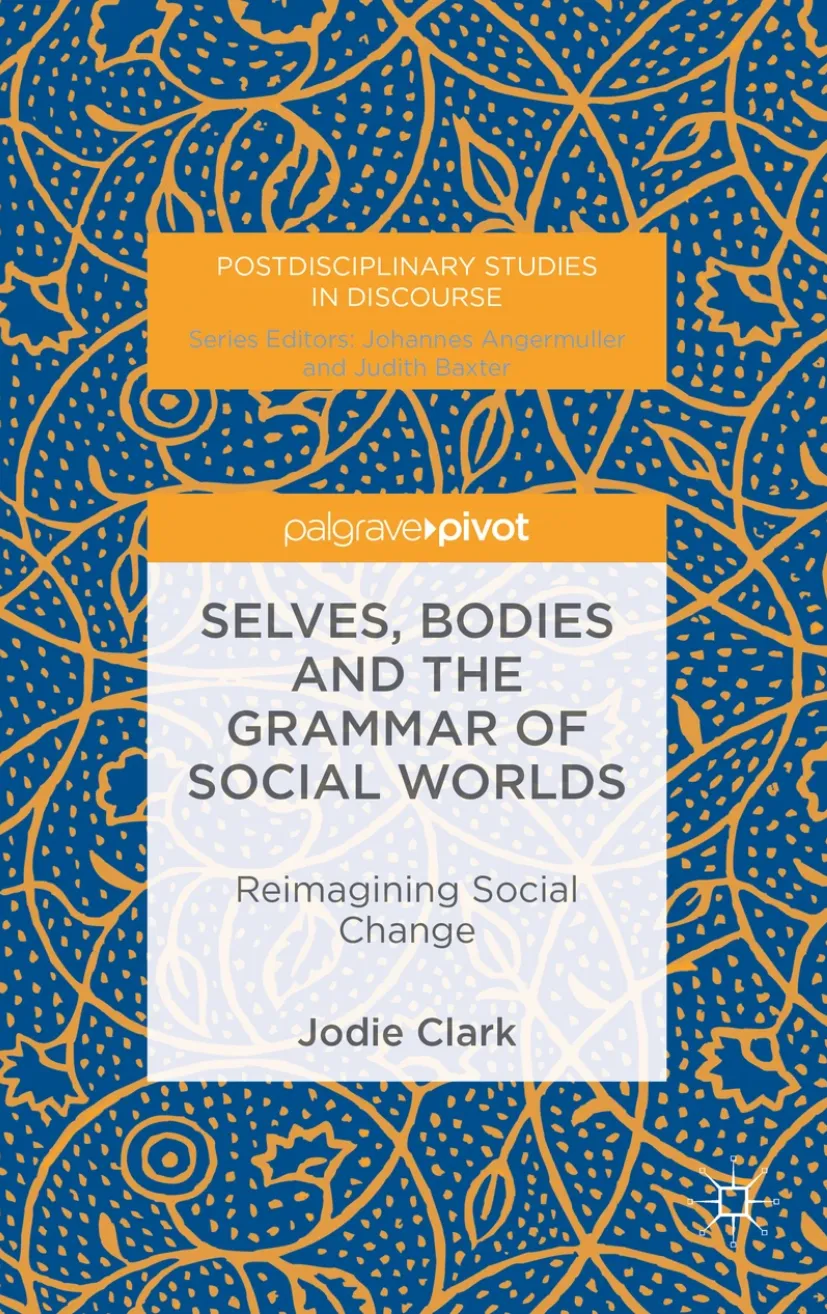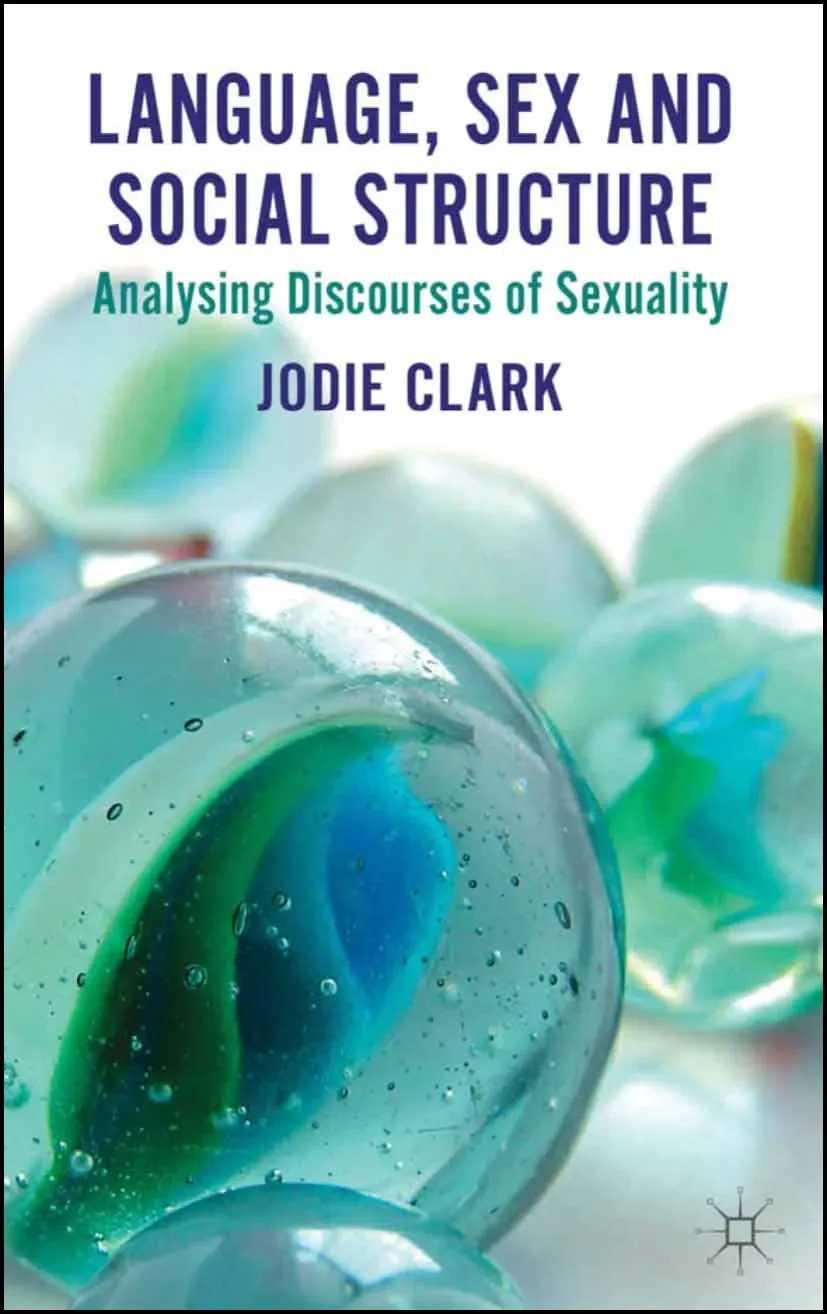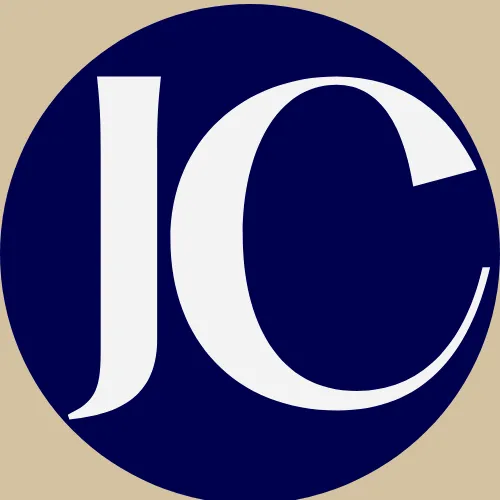New FREE Course, Grammar for Dreamers. Sign up now.
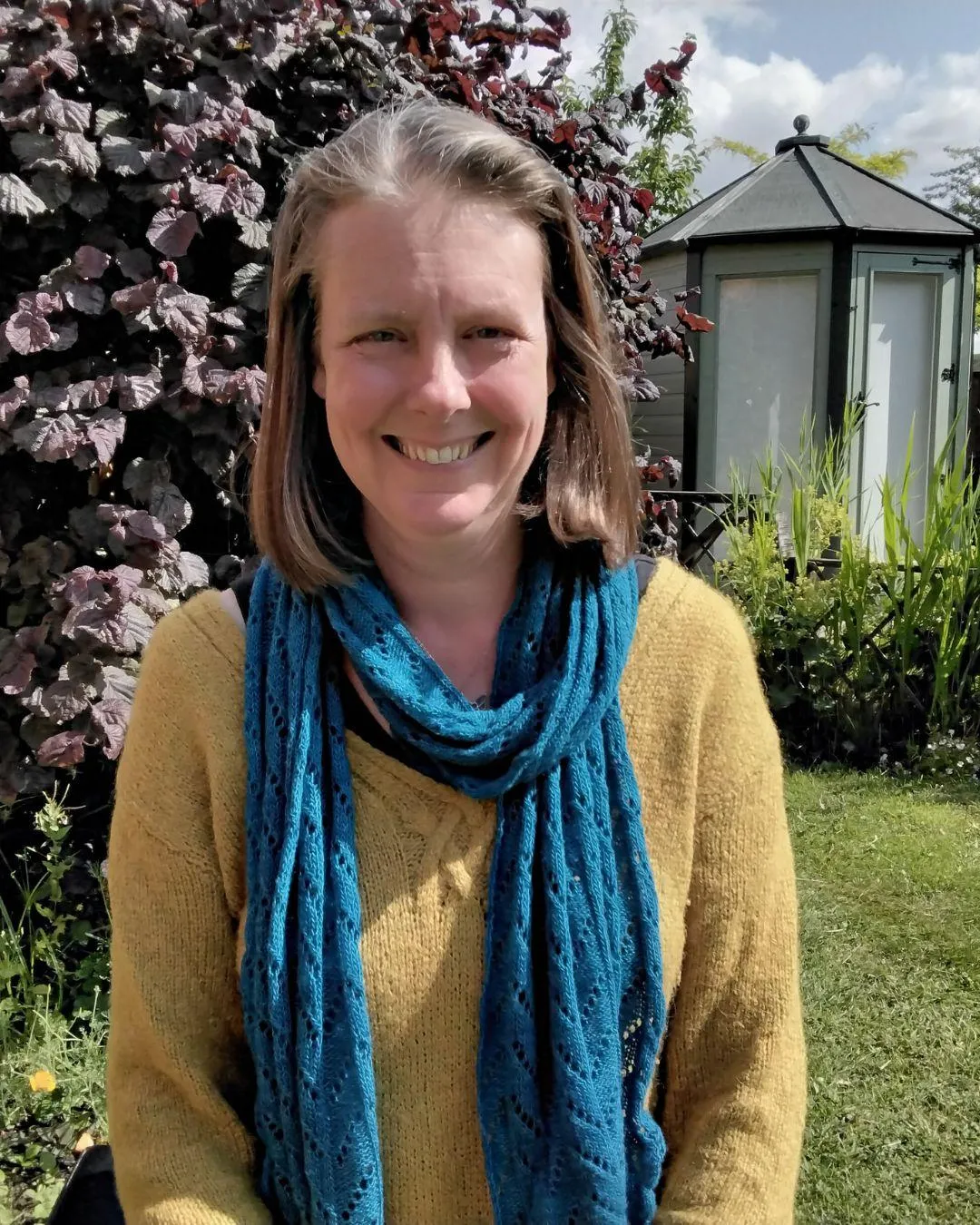
JODIE CLARK
Exploring the mysteries of language
ABOUT JODIE AND HER APPROACH TO LANGUAGE
Language is often held up as evidence to support the comfortable assumption that humans are the most conscious beings on the planet. My work explores the possibility that it’s the exact opposite. What if human language limits human consciousness, making us less intelligent than the rest of the world? I love to play with the idea that language is the Earth’s experiment in separation, limitation and one-dimensionality.
I’m a linguist at Sheffield Hallam University. In my academic work, creative writing and podcast episodes, I explore the grammatical structure of everyday language as a way of understanding how selves are shaped. I see the self as a grammatical membrane that both limits human experience of the multidimensional world and creates spaces for new ideas to emerge.
Everything I do is based on the possibility that great mysteries of life are hidden in plain sight—that the language we inhabit is the medium through which the Earth shapes its new ideas.
I’ve developed innovative approaches to teaching grammar that make it intuitive, relaxed and easy-going. My aim is to take the mystery out of learning grammar so that it’s easier to recognise the mysteries of human language.
Fiction
Stories inspired by the intimacy embedded in language.
Get a copy of Grammar for Dreamers, the screenplay!
Podcast
New ways of thinking about language, selfhood and social structure.
Subscribe on Apple Podeasts, Spotify, or wherever you like to listen.
COURSES
Sign up to my new free course, Grammar for Dreamers, for discounts on all courses!
New FREE course! Sign up here.
PUBLICATION LIST
Clark, Jodie (2011). Relational work in a sporting community of practice. In: B.L. Davies, M. Haugh, & and A.J. Merrison (Eds.), Situated politeness. (pp. 88-107). Continuum.
Clark, J. (2011). ‘No, like proper north’: Re-drawing boundaries in an emergent community of practice. In Linguistic Politeness Research Group (Ed.), Discursive approaches to politeness. (pp. 109-132). Mouton de Gruyter. https://doi.org/10.1515/9783110238679.109
Clark, J. (2012). Language, sex and social structure: Analysing discourses of sexuality. Palgrave. https://doi.org/10.1057/9781137283986
Clark, J. (2013). ‘Maybe she just hasn’t matured yet’: Politeness, gate-keeping and the maintenance of status quo in a community of practice. Journal of politeness research, 9 (2), 211-237. http://doi.org/10.1515/pr-2013-0010
Clark, J. (2016). Selves, bodies and the grammar of social worlds: Reimagining social change. Palgrave. https://doi.org/10.1057/978-1-137-59843-1
Clark, J. (2020). The words of your language. In J. Simms (Ed.), After happy hour review, Issue 13 (pp. 55-62).
Clark, J. (2021). Go. In B. White & L. D. Kastner (Eds.), Running wild anthology of stories, Vol. 5. Running Wild Press.
Clark, J. (2021) ‘Gay, aren’t they?’ An ethnographic approach to compulsory heterosexuality. In J. Angouri and J. Baxter (Eds), The Routledge handbook of language, gender, and sexuality. (pp. 121-35). Oxford. http://doi.org/10.4324/9781315514857-10
Clark, J. (2023). Refreshing grammar: An easy-going guide for teachers, writers and other creative people. GFD.
Clark, J. (2025). Decolonizing the language/matter divide in new materialism and posthumanism: lessons from linguistic history. Cultural Studies ↔ Critical Methodologies (online first). https://doi.org/10.1177/15327086251410535
